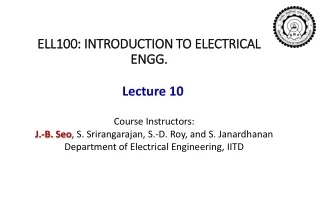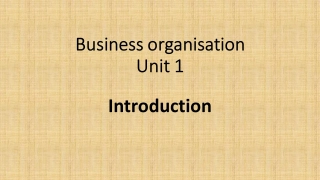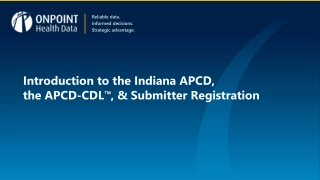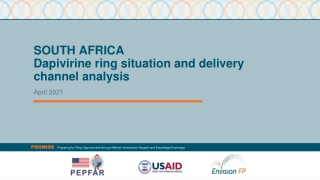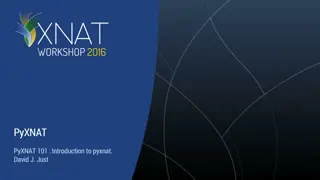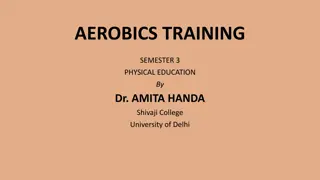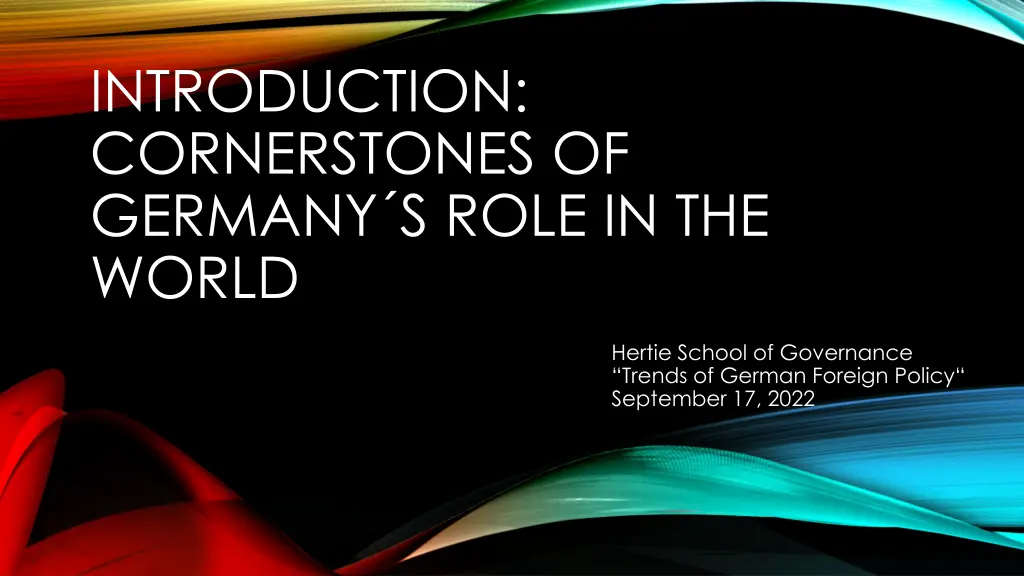
Understanding Germany's Evolving Foreign Policy Landscape
Explore the foundations of Germany's role in global affairs, key learning objectives on foreign policy decision-making, program highlights for a weekend course, participant introductions, and a critical exercise on Germany's military engagement. Delve into the question of whether Germany should increase its international involvement.
Download Presentation

Please find below an Image/Link to download the presentation.
The content on the website is provided AS IS for your information and personal use only. It may not be sold, licensed, or shared on other websites without obtaining consent from the author. If you encounter any issues during the download, it is possible that the publisher has removed the file from their server.
You are allowed to download the files provided on this website for personal or commercial use, subject to the condition that they are used lawfully. All files are the property of their respective owners.
The content on the website is provided AS IS for your information and personal use only. It may not be sold, licensed, or shared on other websites without obtaining consent from the author.
E N D
Presentation Transcript
INTRODUCTION: CORNERSTONES OF GERMANY S ROLE IN THE WORLD Hertie School of Governance Trends of German Foreign Policy September 17, 2022
KEY LEARNING OBJECTIVES The norms and principles that guide German foreign policy How German foreign policy decision-making works in practice How Germany s international role is changing, exemplified by its foreign policy vis- -vis various regions of strategic importance
RULES OF ENGAGEMENT Let s make this a dialogical weekend! I am curious to hear about your perspectives If you don t feel well, please take care of yourself (and thus, of your fellow students) Most important: light snacks and water can be picked up at the cafeteria around noon on both Saturday and Sunday.
OUR PROGRAM FOR THIS WEEKEND First day 09:30-11:00 Introduction: Cornerstones of Germany s Role in the World: The International Rules- based Order, European Integration, and the Western Alliance 11:00-12:15 Making Foreign Policy Decisions I 12:15-13:15 Lunch break 13:15-15:00 Making Foreign Policy Decisions II 15:00-15:15 Coffee Break 15:15-17:00 The Unlikely Case of Libya Second day 10:00-11:00 The Game-Changing Normandy Format 11:00-12:15 The Sahel Region and the Illusion of Distance 12:15-13:15 Lunch break 13:15-15:00 The Strive for European Sovereignty 15:00-16:00 Summary: Reach and Limit of Germany s Role in the World
WHO ARE YOU? Please state: Name Where you are from? What you do at Hertie? Why you signed up for this course? What is your personal affiliation to foreign policy? What foreign policy issue (or conflict, or region) should be high on the international agenda right now?
4 CORNER EXERCISE Hypothesis: The key weakness of German foreign policy is its lack of political will to exercise military power. You have 7 minutes to consolidate your arguments with like-minded peers. Afterwards, 1 presenter per group.
Should Germany increase its international engagement or continue to exercise restraint? 2018 2019 49-43 55-41 Restraint Engage Restraint Engage
Should Germany raise or decrease its defense spending? 2019 2018 40-41-15 43-40-14 Raise Keep Decrease Raise Keep Decrease
Should Germany participate in military missions to protect the freedom of the seas and trade routes? 2019 49-43 Yes No
LIBERAL (RULES-BASED) INTERNATIONAL ORDER (LIO) Attention: every order is rules-based! Order is a patterned or structured relationship among units (Thomas Risse) This is true for unipolarity, bipolarity, multipolarity, state of war, state of peace The specific rules of the ILO that makes it worth preserving: Inclusiveness (all national states can participate) Legal equality (regardless of size, population, GNP, etc.) Peaceful settlement of conflict Joint process of rule-making Open markets (Mearsheimer: democracy promotion)
JOHN IKENBERRY ILO is multilayered, multifaceted, and not simply a political formation imposed by the leading state. International order is not one thing that states either join or resist. It is an aggregation of various sorts of ordering rules and institutions. There are the deep rules and norms of sovereignty... There is a sprawling array of international institutions, regimes, treaties, agreements, protocols, and so forth. These governing arrangements cut across diverse realms, including security and arms control, the world economy, the environment and global commons, human rights, and political relations. Some of these domains of governance may have rules and institutions that narrowly reflect the interests of the hegemonic state, but most reflect negotiated outcomes based on a much broader set of interests."
THE UN SYSTEM Germany contributes 6.09 % to the UN budget and equally to UN missions (4th largest contributor) In 2020, Germany paid a total of 5.2 billion euro to the UN system 3500 Germans are currently deployed at UN, NATO, EU and OSCE missions Emphasis of engagement: MINUSMA (Mali), UNMISS (South Sudan), UNITAMS (Sudan), UNIFIL (Lebanon), MINURSO (Western Sahara), UNSOM (Somalia) and Kosovo (UNMIK)
WHY ILO? Quintessence: Shaping an order in which not the law of strength, but the strength of law applies. Salvation from our own militaristic past Open markets are at the core of our economic model (47% of GNP is export- related, about half of employment accounts for trade) Inclusive processes include that medium-power Germany is heard Tradition that has benefitted us (Reunification)
EUROPE Solving the quagmire of too small for being big, to big for being small Salvation from our own militaristic past Vehicle to mediate our historic rivalries with France and Poland International challenges cannot be solved by individual nation states Driving force behind European integration, however with constitutional limits Chancellorship of Angela Merkel: Functionalists may see themselves confirmed
THE WESTERN ALLIANCE Overarching common threat of a systemic rival in the East Lure of democracy and market economy Strength of a partnership: When political narrative and popular experience match (Air Lift, Marshall Plan, Ich bin ein Berliner , Tear down this wall , etc. Still true: no two regions in the world share such a depth and range of interests and values However: demise of systemic rival has ironically led to a crisis of identity. Resurging Russia and rising China as Alliance-Booster ? Closest partner outside of Europe
THE WESTERN ALLIANCE 1/3 of global trade Close to 50% of global GDP Trade NATO, US as security umbrella Nuclear sharing History Security 24% German heritage Cold War Norms and Values Liberal democracies Societal openness
Q&A Any additional comments or questions from your side?

